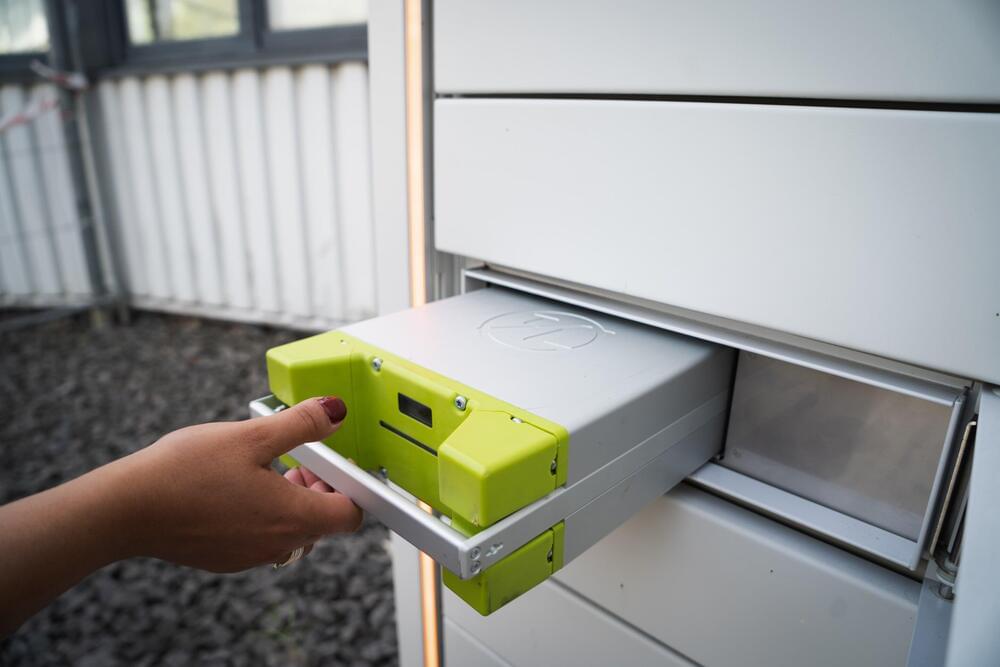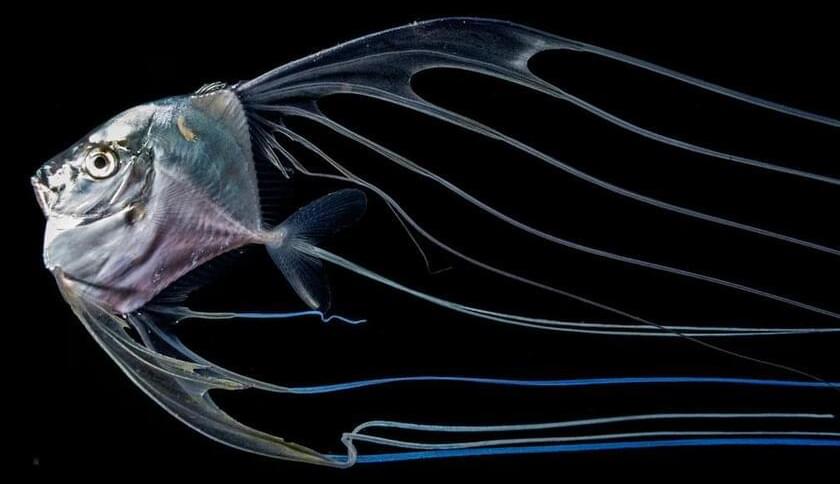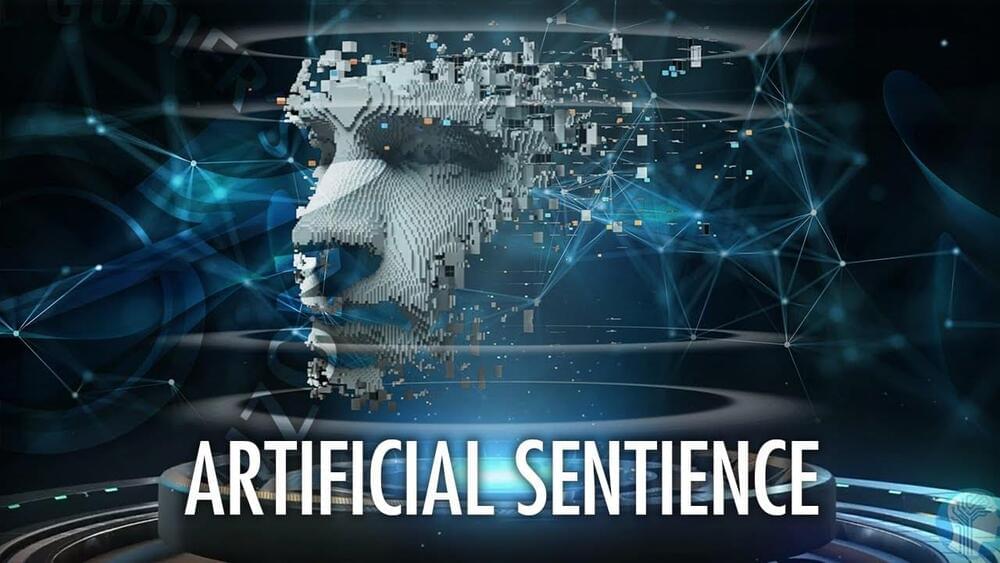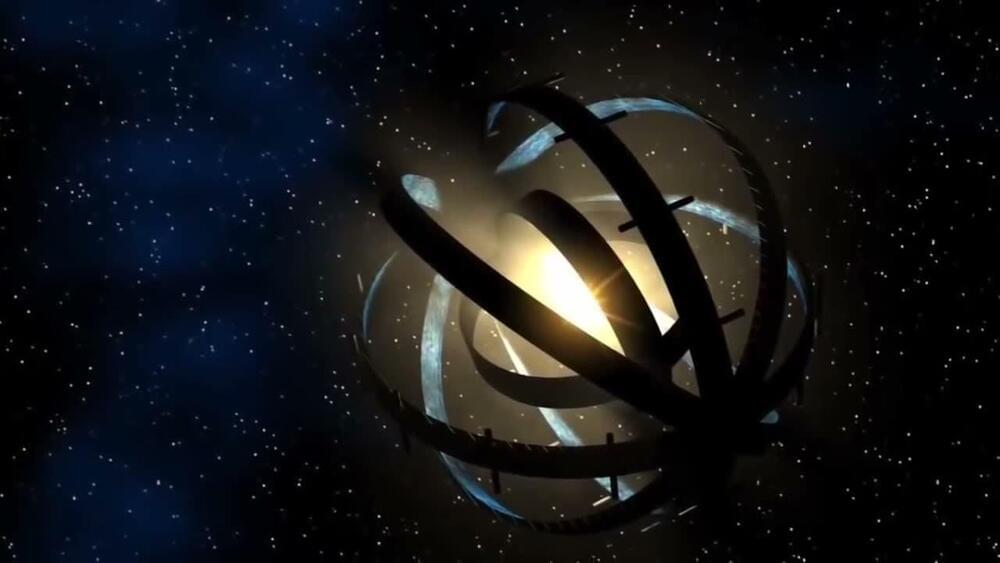Come Monday, August 8, and a drone delivery mailbox located in a suburb of Indianapolis will create history by accepting traditional posts from US Mail. That delivery will be followed by McDonald’s delivering Big Mac and french fries to the same mailbox through a drone.
Dronedek smart drone mailboxes are powered by Oracle. The company uses a platform-agnostic approach to consolidate and funnel deliveries (and pickups) from all carriers, couriers, and logistics services to GPS-verified locations. Dronedek is in talks with several national delivery services, including UberEats, DoorDash, and other major retail delivery companies, to cater to its next-gen mailbox.









